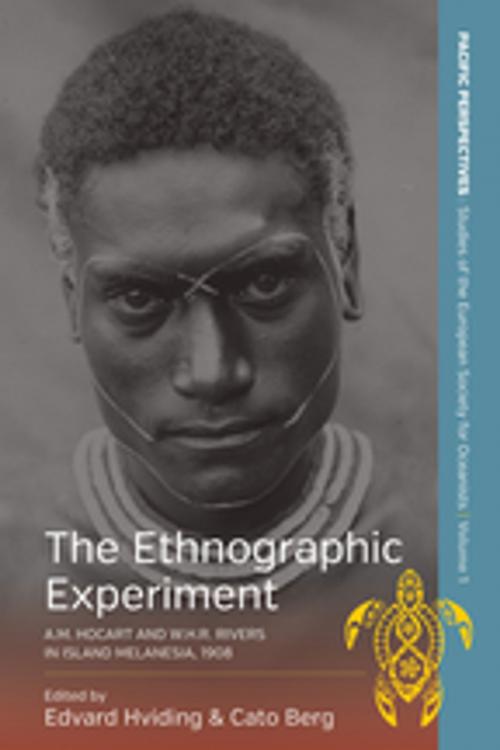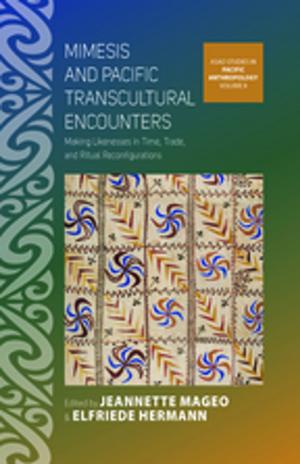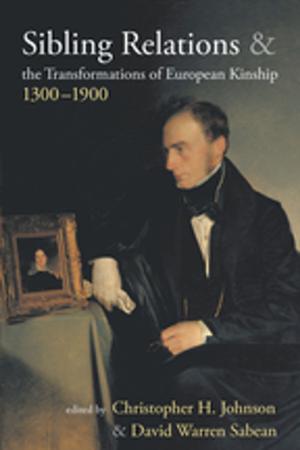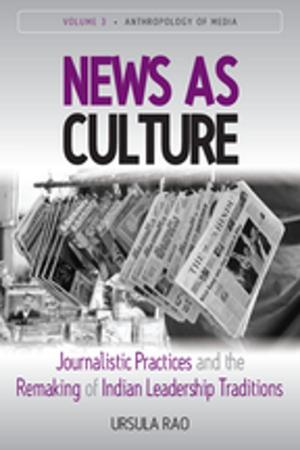The Ethnographic Experiment
A.M. Hocart and W.H.R. Rivers in Island Melanesia, 1908
Nonfiction, Social & Cultural Studies, Social Science, Methodology, History, Australia & Oceania, Anthropology| Author: | ISBN: | 9781782383437 | |
| Publisher: | Berghahn Books | Publication: | June 1, 2014 |
| Imprint: | Berghahn Books | Language: | English |
| Author: | |
| ISBN: | 9781782383437 |
| Publisher: | Berghahn Books |
| Publication: | June 1, 2014 |
| Imprint: | Berghahn Books |
| Language: | English |
In 1908, Arthur Maurice Hocart and William Halse Rivers Rivers conducted fieldwork in the Solomon Islands and elsewhere in Island Melanesia that served as the turning point in the development of modern anthropology. The work of these two anthropological pioneers on the small island of Simbo brought about the development of participant observation as a methodological hallmark of social anthropology. This would have implications for Rivers’ later work in psychiatry and psychology, and Hocart’s work as a comparativist, for which both would largely be remembered despite the novelty of that independent fieldwork on remote Pacific islands in the early years of the 20th Century. Contributors to this volume—who have all carried out fieldwork in those Melanesian locations where Hocart and Rivers worked—give a critical examination of the research that took place in 1908, situating those efforts in the broadest possible contexts of colonial history, imperialism, the history of ideas and scholarly practice within and beyond anthropology.
In 1908, Arthur Maurice Hocart and William Halse Rivers Rivers conducted fieldwork in the Solomon Islands and elsewhere in Island Melanesia that served as the turning point in the development of modern anthropology. The work of these two anthropological pioneers on the small island of Simbo brought about the development of participant observation as a methodological hallmark of social anthropology. This would have implications for Rivers’ later work in psychiatry and psychology, and Hocart’s work as a comparativist, for which both would largely be remembered despite the novelty of that independent fieldwork on remote Pacific islands in the early years of the 20th Century. Contributors to this volume—who have all carried out fieldwork in those Melanesian locations where Hocart and Rivers worked—give a critical examination of the research that took place in 1908, situating those efforts in the broadest possible contexts of colonial history, imperialism, the history of ideas and scholarly practice within and beyond anthropology.















